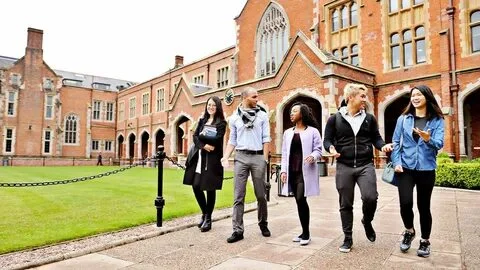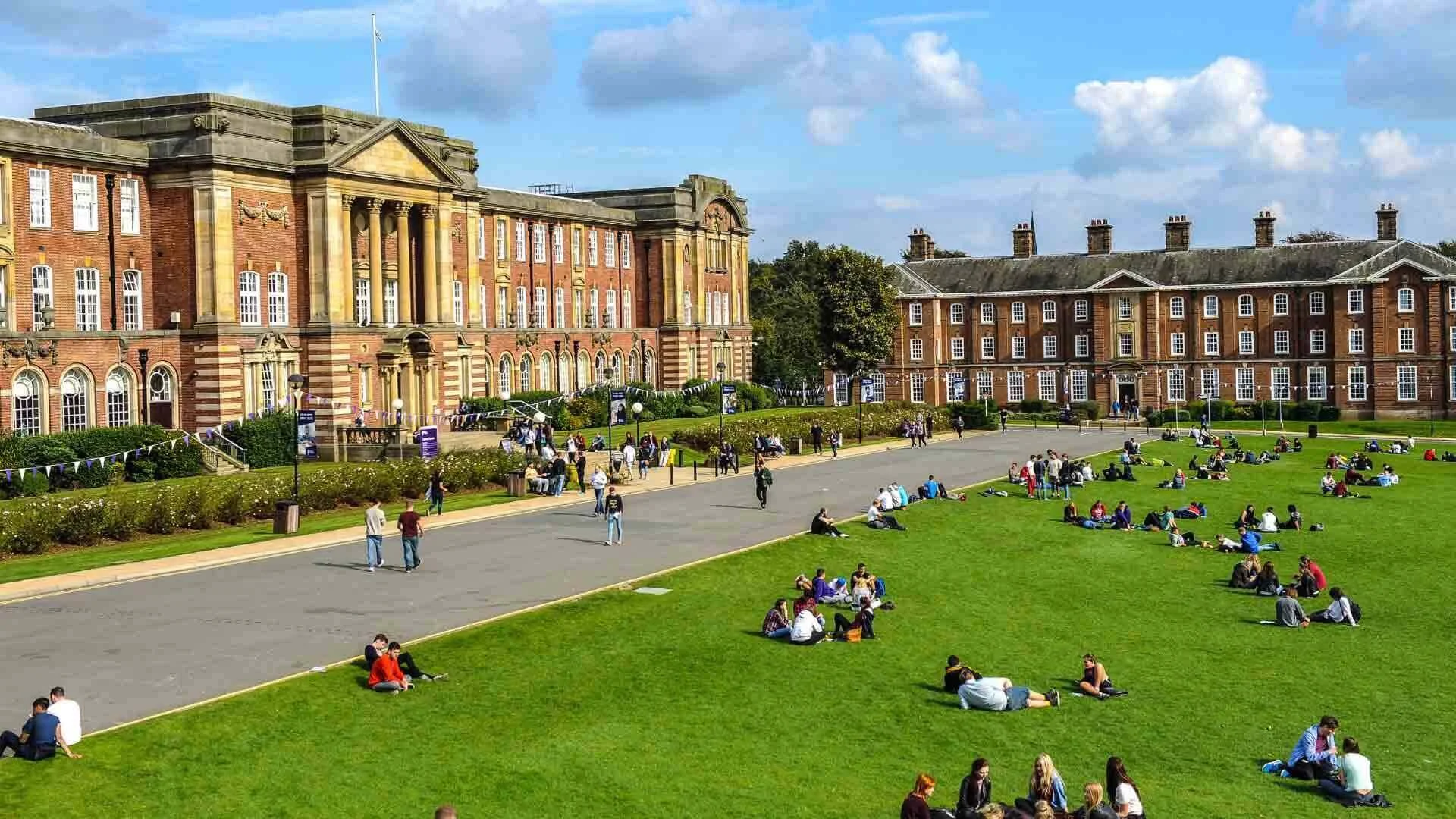In the UK, the articulations “school” and “school” suggest obvious kinds of educational foundations, each with its inspiration and characteristics. Understanding these differentiations can help students and their families with making informed decisions about high-level training. This article examines the main capabilities of schools and universities in the UK, their positions, and their ideas for students. College vs. University in the UK
Definitions and Structure College vs. University in the UK
What is a College?
In the UK, “school” fundamentally alludes to foundations offering post-16 training, like A-levels or professional capabilities. Universities give a scope of scholarly and professional courses intended to prepare understudies for additional schooling or the labor force. These foundations can be free or part of a bigger instructive structure, for example, 6th structure universities connected to optional schools.

Universities center around conveying specific preparation and training for understudies aged 16 to 18. They assume a vital part in overcoming any issues between optional schooling and advanced education or work. Understudies at schools frequently seek after capabilities like A-levels, BTECs, or apprenticeships, which can prompt college confirmation or professional vocations.
What is a University?
Colleges in the UK are advanced education foundations that offer undergrad and postgraduate certificate programs. Colleges are degree-granting bodies, meaning they can give degrees, recognitions, and endorsements. They give a more extensive scope of scholastic projects contrasted with universities and are engaged with innovative work across different fields.
Colleges normally offer a great many disciplines, including human expression, sciences, design, sociologies, and humanities. They are research-centered organizations with offices and assets devoted to propelling information and adding to different scholastic fields.
Key Differences Between Colleges and Universities College vs University in the UK
Academic Programs College vs. University in the UK
One of the main distinctions among schools and colleges in the UK lies in the scholarly projects they offer. Schools for the most part center around pre-college instruction and professional preparation. Their projects get ready understudies for additional review or passage into the labor force.
Conversely, colleges offer an extensive scope of undergrad and postgraduate certifications. These projects incorporate Four-year certifications, Graduate degrees, and Doctoral certificates. Colleges give top-to-bottom examinations in different fields, frequently consolidating research parts and viable experience.

Admission Requirements
The confirmation necessities for schools and colleges likewise vary. Universities normally have passage necessities given GCSE results and different capabilities, like BTECs or professional preparation. Understudies applying to schools generally need to meet explicit grade limits and might be expected to go to meetings or appraisals.
Colleges, then again, frequently have more thorough confirmation models. Candidates normally need to have finished A-levels or identical capabilities. Moreover, colleges might require explicit grades, subject prerequisites, and extra components like individual explanations and meetings. A few projects, especially those in serious fields, may have higher section prerequisites.
Duration of Programs
The span of projects at schools and colleges changes essentially. School courses, like A-levels or professional capabilities, typically the most recent two years. These projects prepare understudies for advanced education or direct passage into the labor force.College vs. University in the UK
College degree programs normally have a more extended term. College degrees for the most part require three to four years to finish, while postgraduate certificates can require one to two years. Doctoral projects, like PhDs, normally expect three to four years of exploration and study.
Research and Facilities
Research is a significant part of college schooling in the UK. Colleges are outfitted with research offices and labs that help progress study and development. They frequently have devoted research habitats and foundations zeroing in on different scholarly disciplines.
Schools, be that as it may, don’t ordinarily participate in research exercises. Their essential spotlight is on educating and giving professional preparation. While schools might offer viable components inside their projects, they don’t as a rule have a similar degree of exploration foundation as colleges.
Campus Life and Resources
College grounds are frequently bigger and more different, offering many assets and offices. These incorporate libraries, sports focus, understudy associations, and convenience choices. Colleges additionally give different understudy support administrations, including scholarly exhorting, advising, and vocation administrations.
Universities by and large have more modest grounds and may offer fewer offices. In any case, they give fundamental assets and backing to their understudies, including admittance to libraries, vocation direction, and extracurricular exercises. The size of assets and grounds life at schools is commonly more centered around scholarly and professional preparation.
The Pathways to Higher Education College vs. University in the UK
Progression from College to University
Numerous understudies use school as a venturing stone to college. Finishing A-levels or professional capabilities at a school gives an establishment to chase after advanced education at a college. Understudies who accomplish solid outcomes in their school courses can apply to colleges for undergrad programs.College vs. University in the UK
Schools frequently offer direction and backing for understudies expecting to enter college. They might give assets to college applications, incorporating help with individual articulations and interview arrangements. Furthermore, schools might have organizations with colleges, working with smoother changes for their understudies.
Alternative Routes
Other than conventional pathways from school to college, there are elective courses to advanced education. These incorporate establishment degrees, which offer a blend of professional and scholastic substance, and higher apprenticeships, which consolidate work insight with study. These courses give adaptable choices to understudies looking to acquire capabilities and work experience at the same time. College vs. University in the UK
Conclusion
In outline, schools and colleges in the UK fill various needs inside the instructive scene. Universities center around post-16 training, planning understudies for additional review or professional vocations. They offer projects like A-levels and professional capabilities, taking care of a more youthful segment.
Colleges, then again, give advanced education and degree programs, including undergrad, postgraduate, and doctoral examinations. They are research-centered organizations with broad offices and assets devoted to scholastic progression and advancement.
Understanding the qualifications among schools and colleges assists understudies and their families with settling on informed conclusions about their instructive ways. Whether deciding to go to a school for pre-college training or seeking a degree at a college, every establishment assumes an urgent part in molding understudies’ fates and adding to their own and proficient turn of events.
